
Stories, ideas, and updates from DGers around the world
The Development Gateway: An IREX Venture blog is where DGers share specific learnings, offer thought-provoking insights, and pose challenging questions for the sustainable development community derived from our work.
Our blog has a deep archive going back to 2005. Each post is a snapshot into our work, priorities, and values.
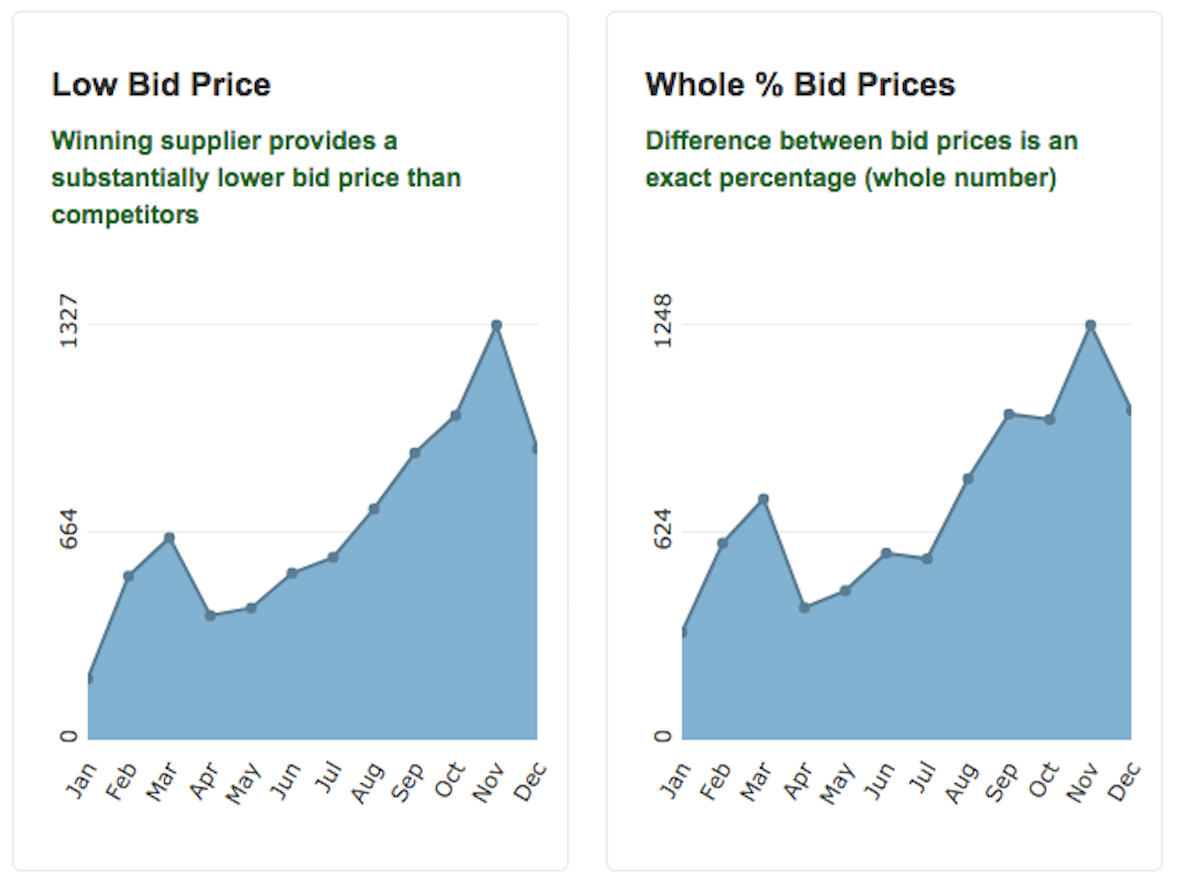
From Transparency to Data Use: Rising to Open Contracting’s Next Challenge
At Development Gateway, we are investing in open contracting because we believe in the value it brings for both governments and citizens. Over the past several years, we have conducted over 10 open contracting assessments, developed backend tools for converting and publishing data in the Open Contracting Data Standard (OCDS), and created a suite of
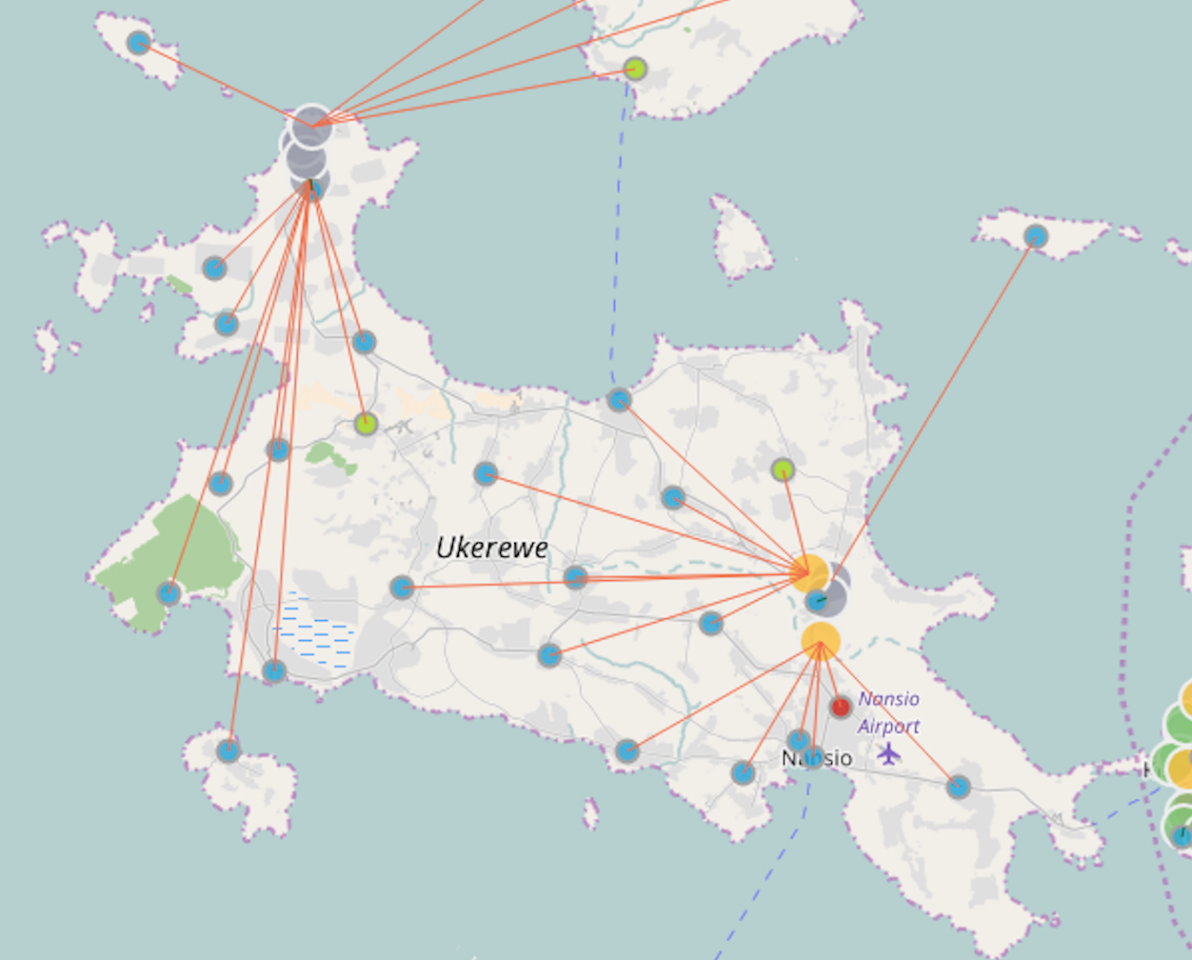
Analysis, Action, and Learning: Understanding Next Steps for SEMA and Water Point Data
In addition to supporting timely data collection about water access in Tanzania, the Sensors, Empowerment, and Accountability (SEMA) network provides a public-facing District Water Engineer Dashboard. Figure 1: Screenshot of DWE Dashboard Map This dashboard allows key audiences – citizens, District Water Engineers (DWEs), other Ministry of Water and Irrigation officials – to easily view the

SEMA and Citizen-Generated Data
“Basically, we used to have two methods of getting information on water infrastructure… The first… [was] the water department at the municipal level would visit the villages once or twice a year during the months of June and December to do stock-taking of all water points and their functionality status. “The second method was to

Sensors, Empowerment, and Accountability: Tapping Water Resources in Tanzania
Access to safe water is essential to our health and wellbeing. As an international community, we recognize this as demonstrated by our commitment to Sustainable Development Goal 6, “Ensure availability and sustainable management of water and sanitation for all.” At the national level, universal access to safe water is a core indicator in Tanzania Vision
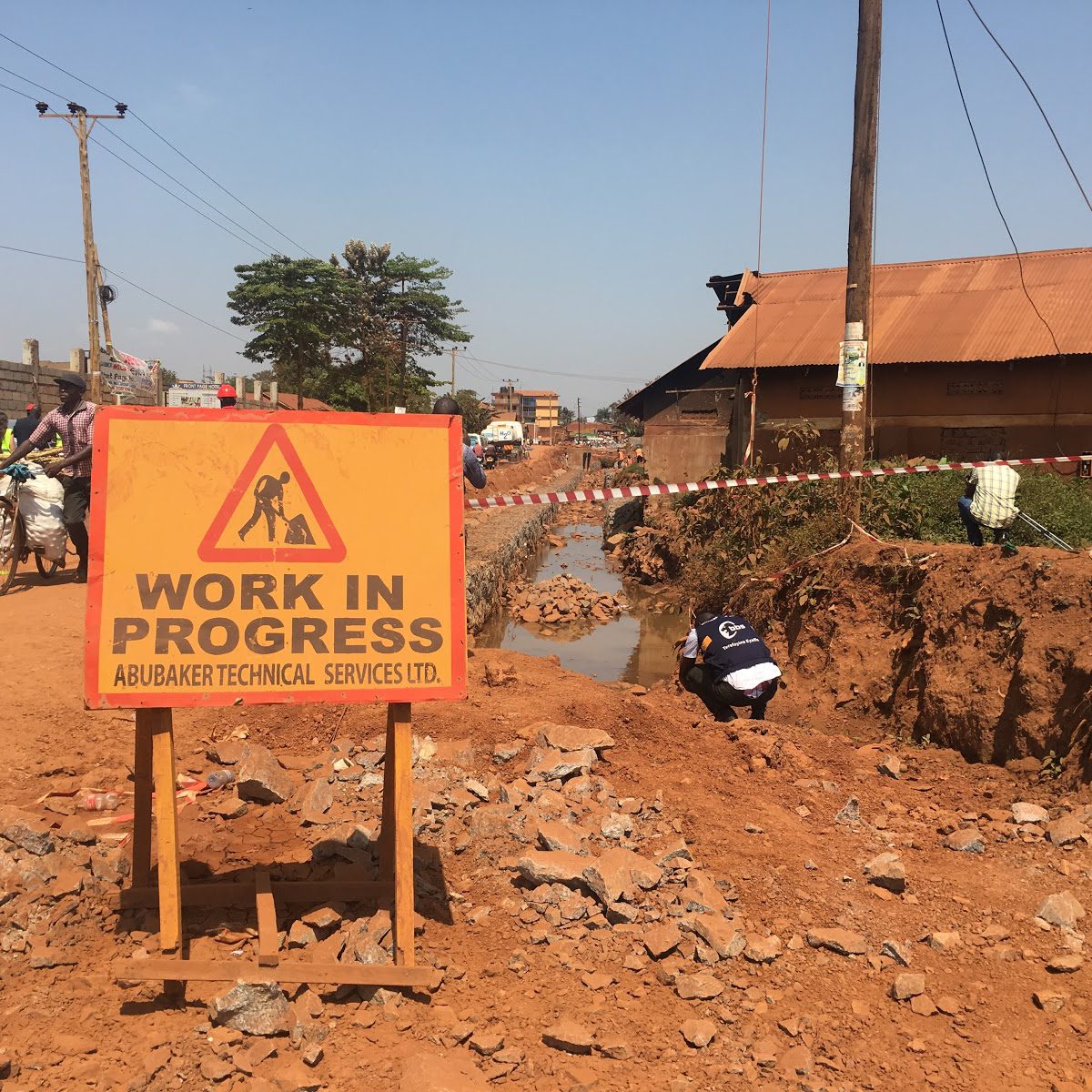
Social Good Summit 2017: Technology, Innovation, and a Call to Action
On September 17th, the UN Foundation’s Social Good Summit took place at the 92nd Street Y in NYC as a kickoff to the 72nd Meeting of the UN General Assembly. Entrepreneurs, experts, activists, and SDG Global Goalkeepers gathered in a call to action about how we will integrate technology and innovation into our vision for

Press Release: Open Contracting in East & West Africa
Open contracting aims to enable governments and citizens to more effectively use procurement data in decision making and monitoring of procurement results. While many governments have made commitments to open contracting (OC), their efforts, in a number of instances, have tended to focus on OC compliance. For governments and citizens to realize the potential benefits
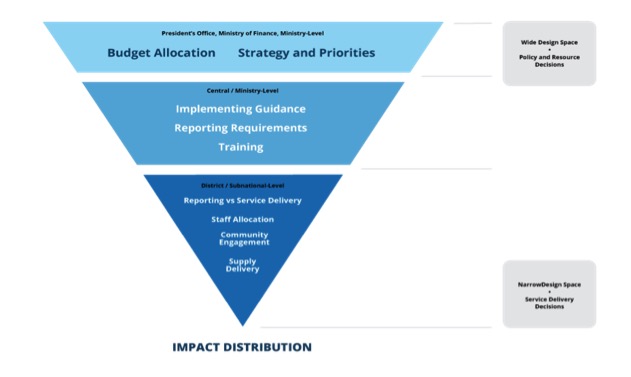
Decision Space and Development Cooperation
This post builds upon a DG contribution to the 2017 OECD Development Cooperation Report, launched on October 17, 2017. All too often, discussions about managing for results in development fail to specify who is managing, what decisions they are authorized to make, or what results data are being used. Identifying the who and whats is
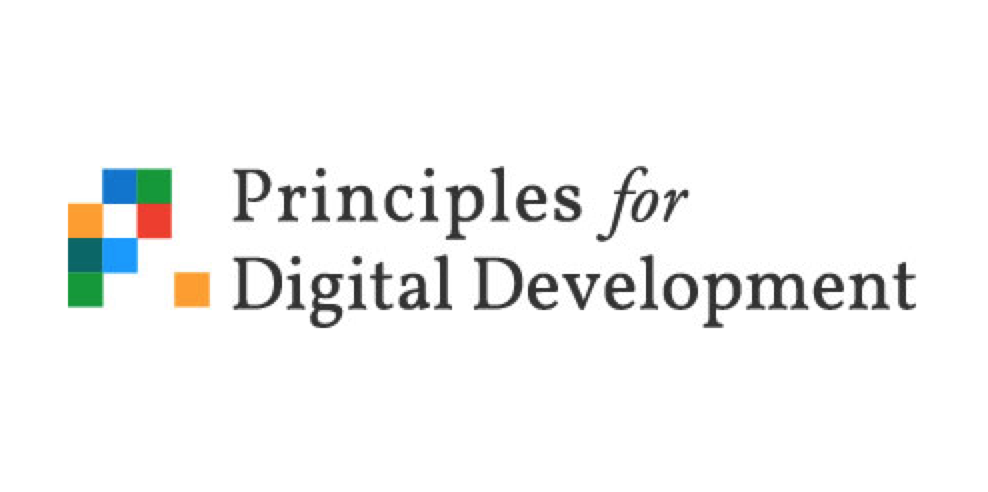
Press Release: Endorsing the Principles for Digital Development
We are pleased to announce our endorsement of the Principles for Digital Development. The Principles, of which Digital Impact Alliance is the steward, seek to institutionalize lessons learned in the use of Information and Communication Technology (ICTs) in development projects. They allow practitioners to to integrate best practices into their programs, as well as coordinate
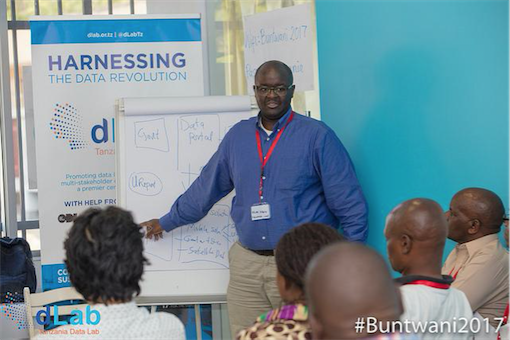
Musings from Buntwani 2017
When data — particularly government data — is made relevant and available, we as “infomediaries” have an opportunity to create public value. As a community of data users, we are becoming more savvy at turning datasets into information, and information into advocacy for better public resource allocation, transparency and accountability, and good governance. At
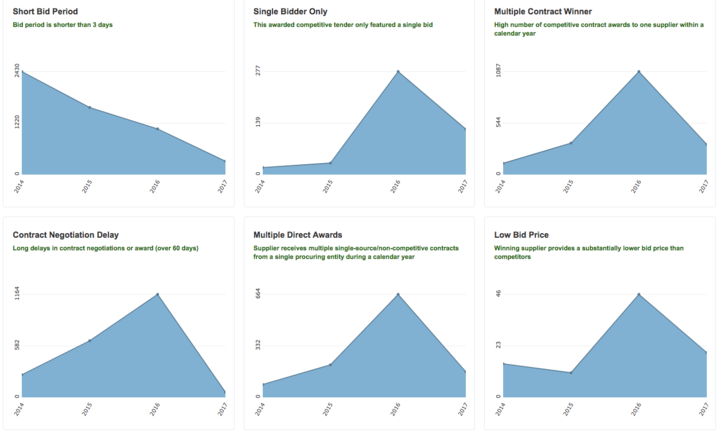
Is Your Data OCDS Compliant? Introducing the jOCDS Validator
When it comes to open data, the devil is in the details. Publishing data in an open format is admirable — but in order to be valuable, the data must meet basic criteria for formatting and standardization. That’s why DG is contributing its open source jOCDS Validator to the international open contracting community. Tested with